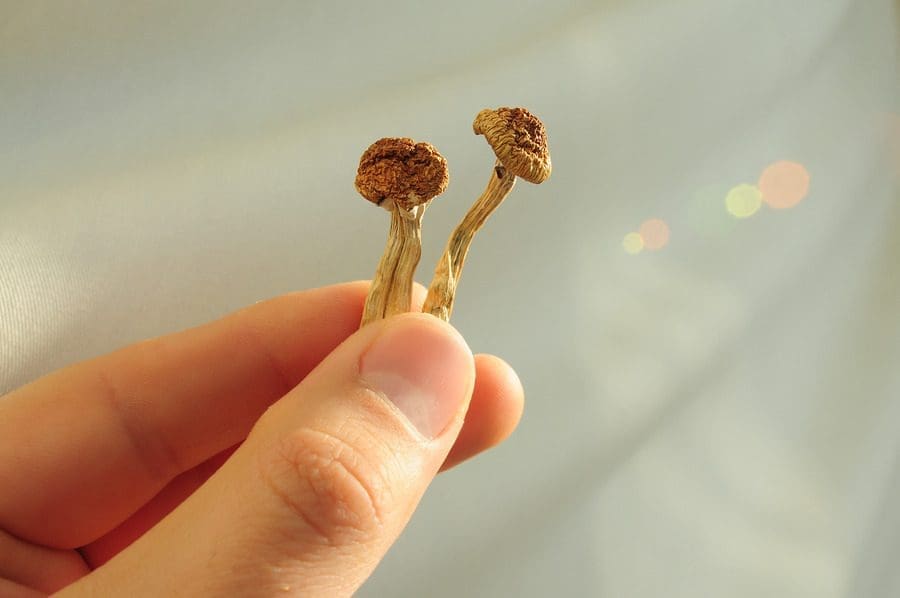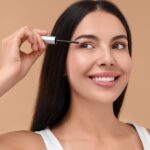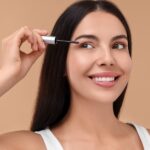In recent years, there has been a growing interest in microdosing psychedelics to improve mental health, with research articles, docuseries, and other media covering their appeal and effectiveness. Today, we’ll look at the facts about these substances and their potential for legitimate medicinal use.
What Are Psychedelics?
Psychedelics are powerful psychoactive substances capable of altering your perception and mood; additionally, they affect numerous cognitive processes. According to research, they are not considered addictive and are otherwise physiologically “safe” (more info on that below). However, in high doses, psychedelics can cause hallucinations, which is why they are also called hallucinogens.
Some hallucinogens include the below. (Keep in mind that not all are used for mental health purposes.)
- Lysergic acid diethylamide (LSD)
- Mescaline
- Psilocybin
- Phencyclidine (PCP)
- Ecstasy
- Ketamine
What Is Psychedelic Microdosing?
When microdosing psychedelics, you consume a small amount of a psychedelic drug in a sub-hallucinogenic dose. In 2019, a British Association for Psychopharmacology study defined a microdose as one-tenth (10%) of the amount needed to produce a psychoactive effect. It also explains that microdosing is not just about taking a small amount of a drug; it is also about taking it regularly, over time, to improve well-being and enhance cognitive or emotional processes.
Is Microdosing Safe?
A 2021 study on psychedelic safety found that those drugs that affect serotonin are safe in controlled settings. However, it goes on to say that the repeated use of hallucinogens over long periods of time can pose potential safety concerns that are distinctive to microdosing. For example, cardiac valvulopathies are associated with repeated serotonin receptor activation.
The study also notes the benefits of psychedelics for anxiety, but further research is warranted. In short, many factors affect the safety of microdosing, such as the dosage, the frequency, and whether or not other substances are stacked, such as lion’s mane mushrooms.
Does Microdosing Improve Mental Health?
Some evidence suggests that microdosing can benefit mental health. A 2022 study found that microdosing psilocybin was associated with mood improvements. However, because most studies usually rely on self-reported results from people who self-medicate, it is difficult to definitively know the positive or negative effects, if any.
More research is needed to confirm the safety and efficacy of microdosing for mental health disorders. If you are considering microdosing, consult a mental health professional first.







